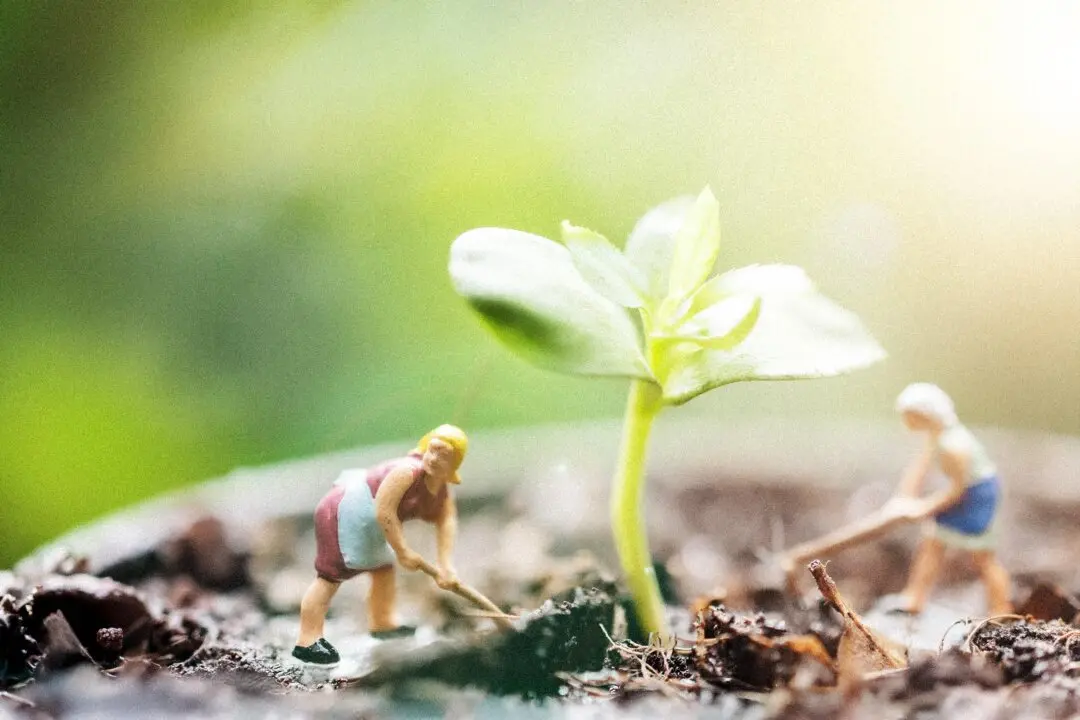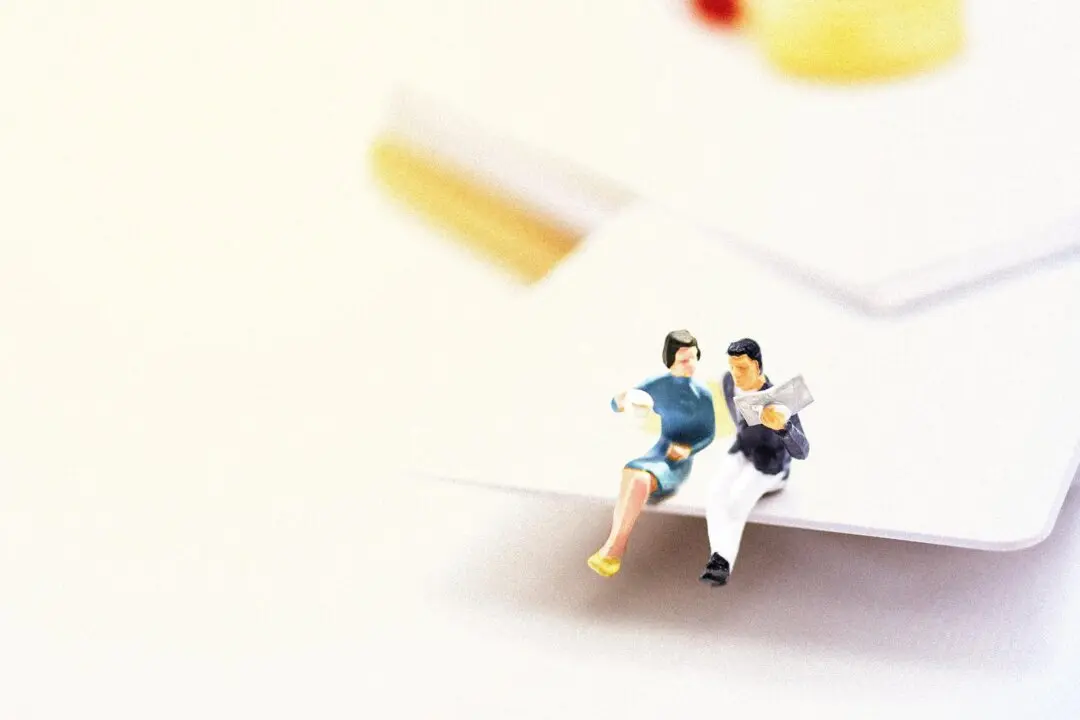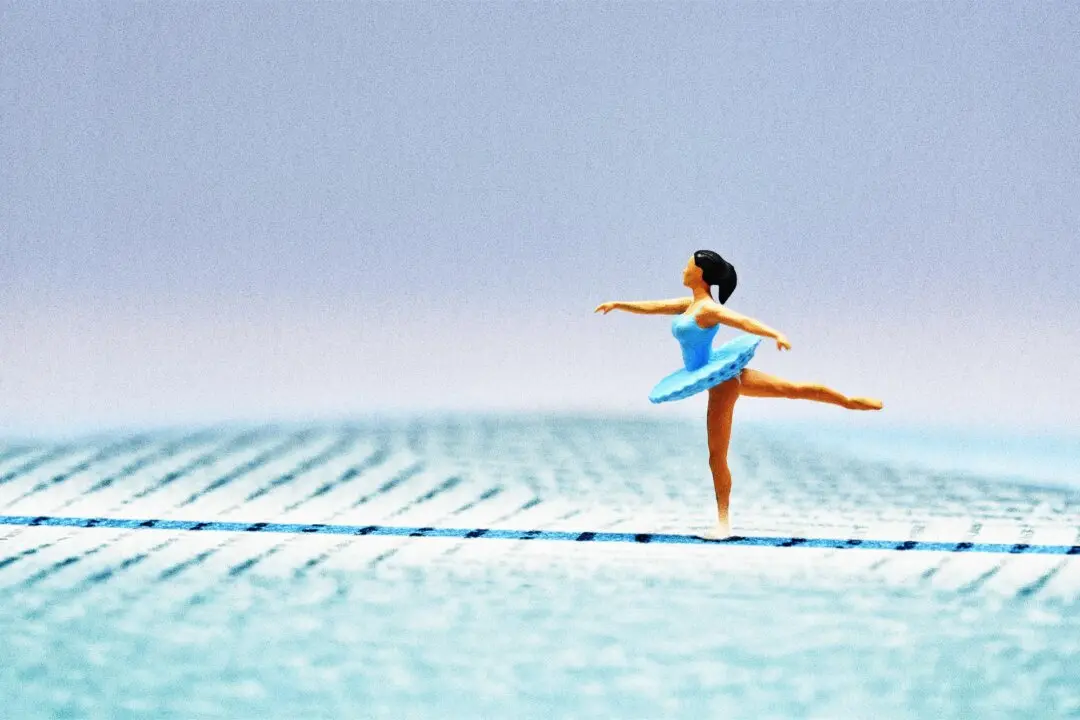I think of self-improvement as a subcategory of philosophy. It deals with some of the most practical questions of life, the kinds of questions that any person intent on living well will ask themselves from time to time. Questions such as, “What are some goals that are worth aiming for?” and “How do I change myself and my habits?”
This is good stuff, but I think there are two traps that any would-be self-improver should be aware of. The first is the very real possibility that you might aim for the wrong target. Self-improvement is no magic pill. Many smart and ambitious people throughout history have used their impressive self-improvement powers to become ugly humans. To truly improve oneself, you must make sure that the direction you are moving toward is better, and not just different.






